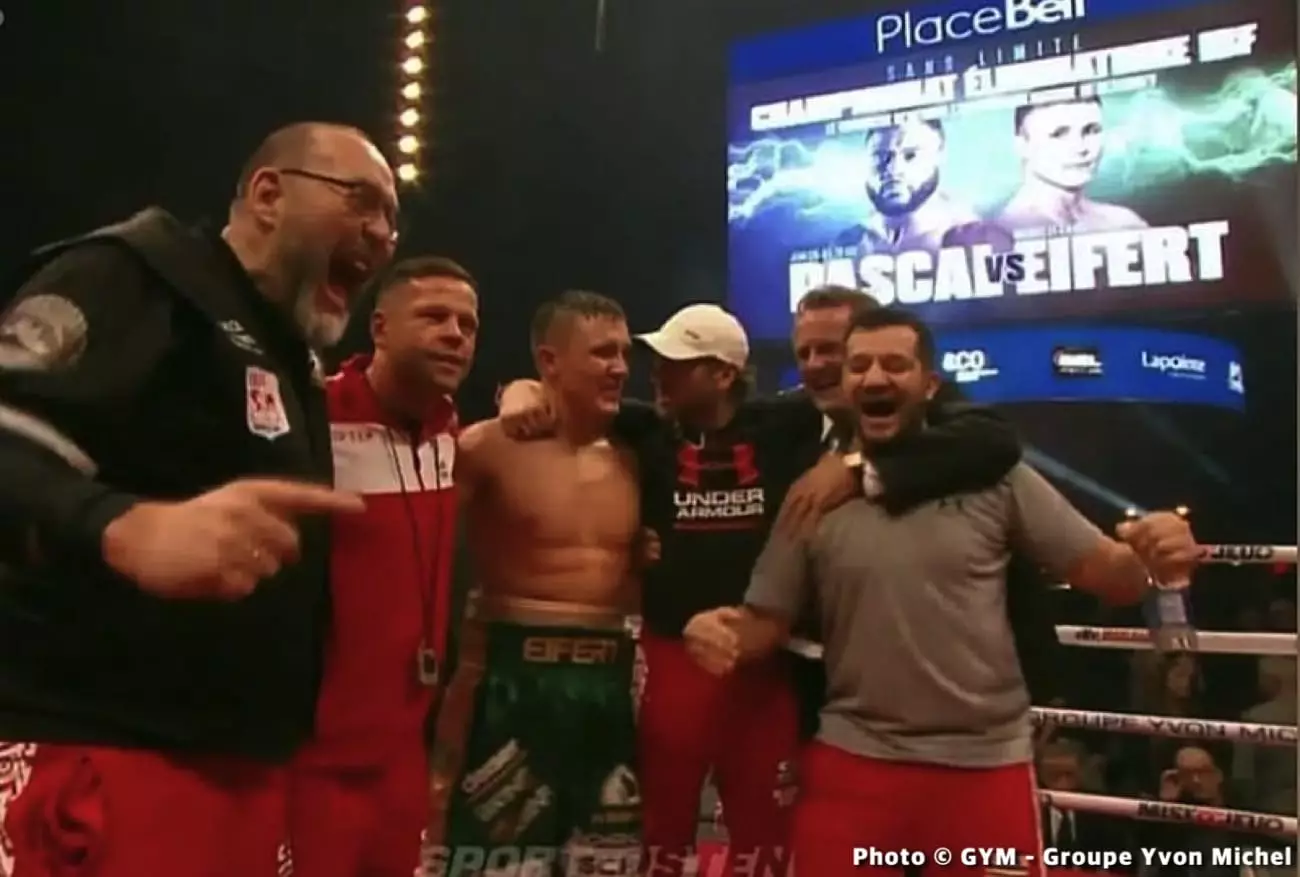In the world of professional boxing, the ramifications of governing bodies’ decisions can often ripple through the entire sport, affecting fighters, teams, and fans alike. The International Boxing Federation (IBF) has recently interjected into the anticipated rematch between Artur Beterbiev and Dmitry Bivol by mandating that Beterbiev face his mandatory challenger, Michael Eifert. This development casts uncertainty on what many expected to be a highly publicized sequel to their previous clash.
Artur Beterbiev, the current undisputed four-belt light heavyweight champion, holds an enviable record with a reputation as a powerful knockout artist. Meanwhile, Dmitry Bivol’s rise through the ranks was marked by significant victories, including a particularly contentious bout against Beterbiev that has left fans clamoring for a rematch. The stakes of a Beterbiev-Bivol rematch were already heightened, but the IBF’s recent decision threatens to derail their plans.
Eifert, a relatively new name in the light heavyweight division, has achieved his mandatory position through a decisive victory against veteran Jean Pascal. Despite this, some might question whether Eifert’s experience and credentials match those of Beterbiev and Bivol. His last fight ended with a swift knockout of a less recognized opponent, raising concerns about the legitimacy of his readiness to step into the ring against someone of Beterbiev’s caliber.
In response to the IBF’s ruling, Team Bivol has made an appeal to all four major sanctioning bodies—IBF, WBA, WBC, and WBO—in hopes of securing a rematch with Beterbiev. While such appeals are not uncommon in boxing, they often face an uphill battle against entrenched authority. The backlash from boxing fans following this appeal was palpable, illustrating just how strongly supporters are invested in the potential of a rematch.
Bivol’s motives for making the appeal appear twofold. Firstly, the team seeks to protect their interests by ensuring that Beterbiev isn’t tied down with mandatory obligations that could prevent a rematch. Secondly, with so much riding on public interest and the consequent financial implications, they find themselves at the intersection of sport and commerce.
The issue of whether Beterbiev might opt to vacate his titles is a critical point of analysis. Typically, champions like Beterbiev are unlikely to surrender their belts without considerable justification, particularly given the allure of a rematch with Bivol. If the IBF maintains their directive, it could open avenues for negotiation between Beterbiev and Eifert, especially in the form of a step-aside deal. However, the details of such negotiations can be murky in boxing politics, with motivations for both fighters needing to align under financial and competitive terms.
Ultimately, the meeting of decisions from sanctioning bodies, fighter motivations, and fan expectations weaves a complex tapestry in the boxing universe. As mandatory bouts often serve as barriers to much-anticipated rematches, the situation surrounding Beterbiev and Eifert exemplifies the challenges these fighters face in the pursuit of legacy. Thus, it remains to be seen how this situation will unfold and what it means for the future of the light heavyweight division, particularly as fans continue to eagerly anticipate the next chapter in the rivalry between Beterbiev and Bivol.

